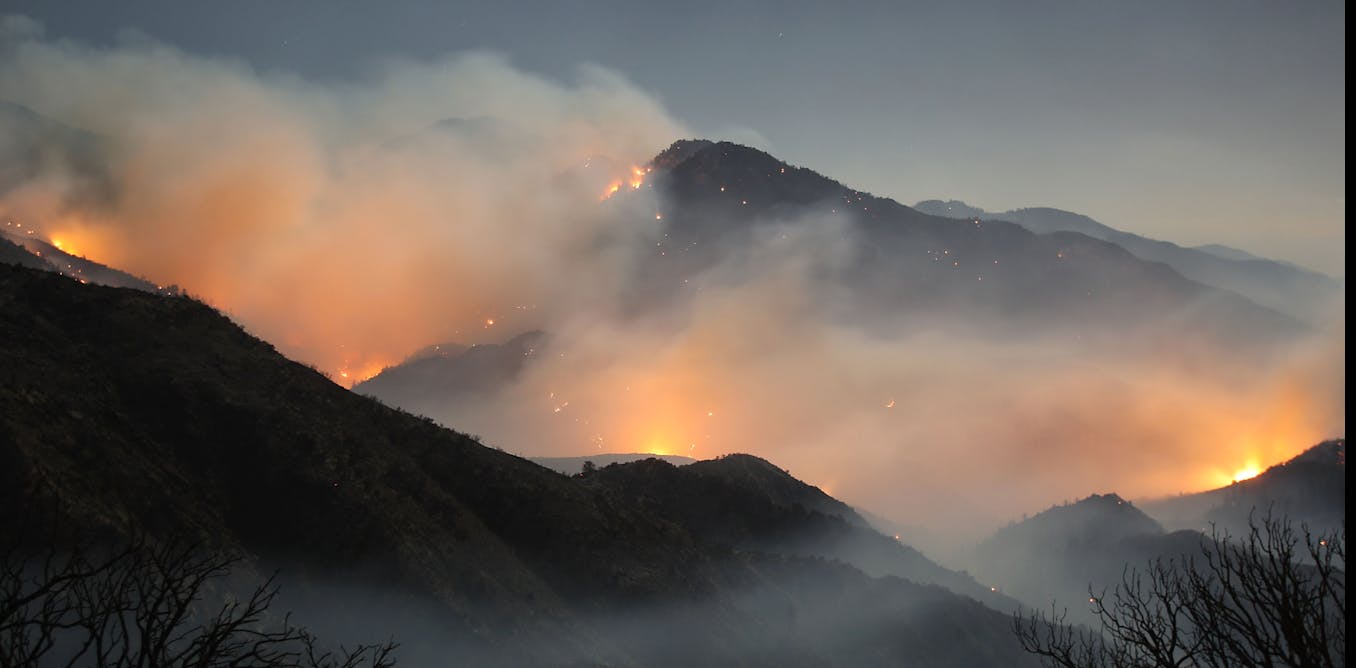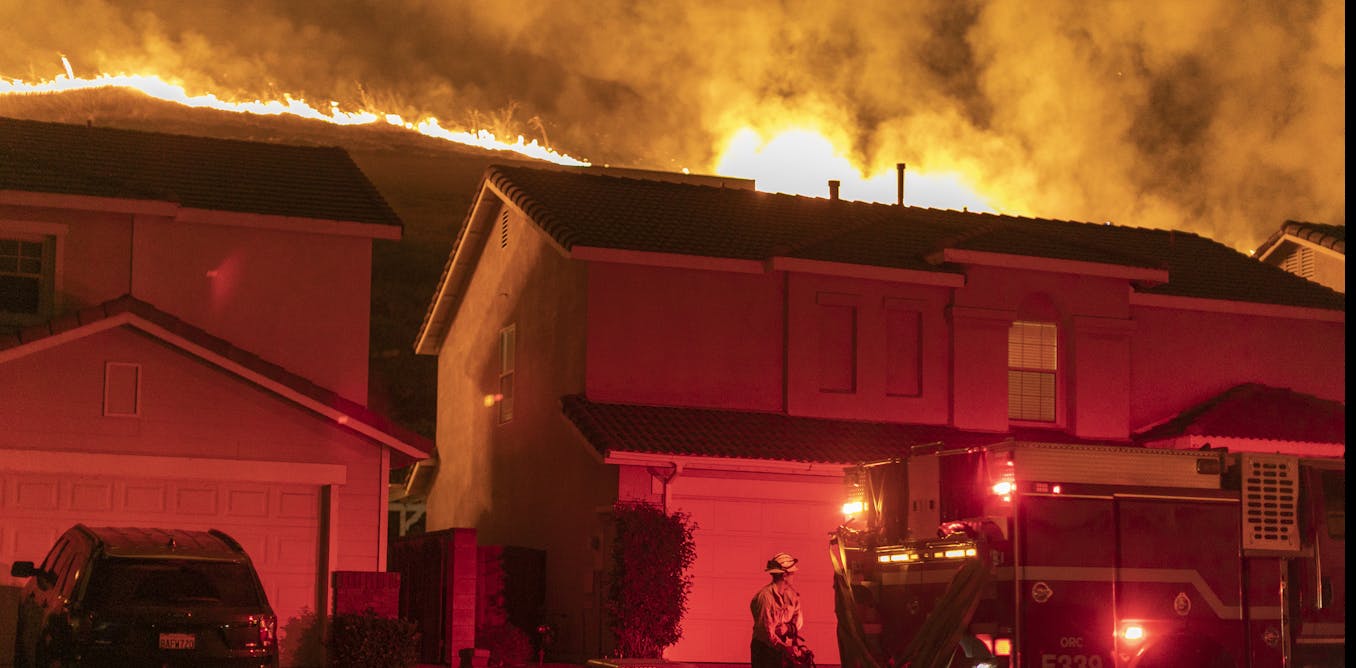Yellowstone is losing its snow as the climate warms, and that means widespread problems for water and wildlife
The area's iconic national parks are home to grizzlies, elk and mountain snowfall that feeds some of the country's most important rivers. A new report show the changes underway as temperatures rise.
June 23, 2021 • ~9 min








